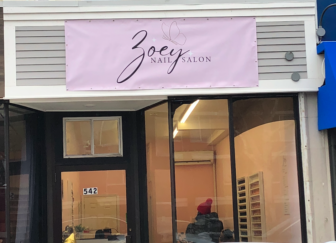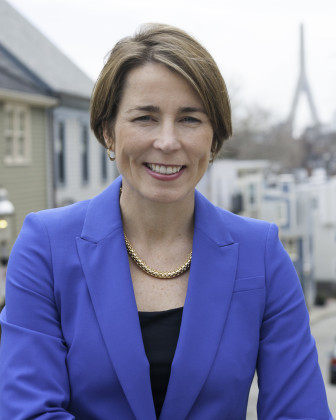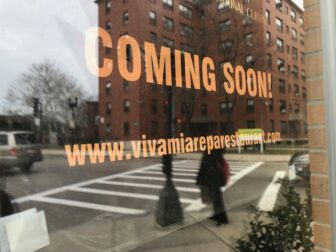Last updated on April 30, 2020
Three Boston City Councilors are looking to decrease the exorbitant fees that the four major food delivery service companies charge.
Before the Coronavirus pandemic, sit-down restaurants were making the majority of their revenue from customers dining in. But things have changed since restaurants can now only offer takeout or delivery. Restaurants are known for operating on razor thin margins, and the pandemic has exacerbated profit margins.
“We want to limit the percentage of delivery fee these firms are doing. Most are in the 20 to 30 percent range, and we would like to see it at half of that or less,” said District 6 City Councilor Matt O’Malley.
Doordash, UberEats, GrubHub, and Postmates, are the four major food delivery companies. A lot of restaurants like pizza places or Chinese food restaurants still have their own in-house delivery people.
“We’re seeing more restaurants making a small profit or negative profit. This is having a significant impact on restaurants,” said O’Malley.
O’Malley, District 2 City Councilor Ed Flynn, and At-Large City Councilor Michael Flaherty, are calling for a hearing to address the issue at Wednesday’s city council meeting.
Many cities have already enacted laws capping delivery fees, which in turn leaves more money for the restaurants, and then customers don’t feel the brunt of the fees.
San Francisco and Seattle capped delivery fees at 15 percent, and legislation has been filed in New York City and Providence, and Chicago is looking at a 5 percent cap, added O’Malley.
O’Malley added that as the city addresses the pandemic, food delivery fees are not the most important issue. But it does have an economic impact, and the delivery companies are aware of it. Doordash recently cut their commission by 50 percent for all U.S. restaurants with five or fewer restaurants.
O’Malley said he thinks legislation could pass fairly quickly, and be signed by Mayor Marty Walsh.
As for whether similar legislation could be enacted across the Commonwealth, O’Malley said he’d like to see a statewide law.
“I would love to see the governor implement something statewide. You’ve got Newton and Cambridge and other cities looking at it, and then Boston will expand it to more cities,” said O’Malley.











